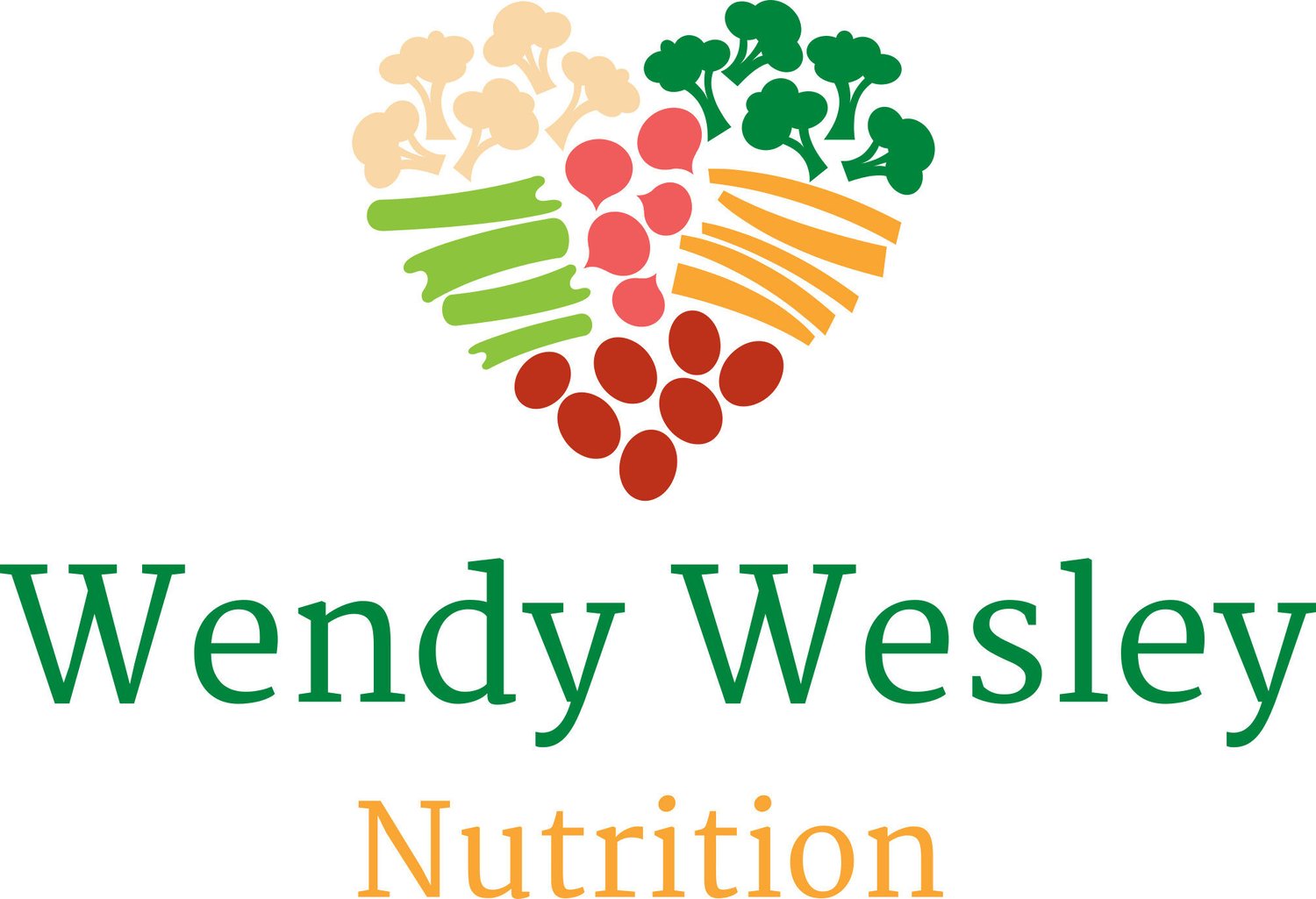The anemic requests made by an appointed Rays/Hines committee reeks of the same flaccid muscle concessions made by St. Pete city council over the Stoneweg/Coquina Key Plaza development.
St. Petersburg City Council’s controversial vote to allow developer Stoneweg to proceed at Coquina Key Plaza without square foot allowances for a grocery store was a disheartening blow for neighborhood activists back in 2022.
It's Groundhog Day in St. Petersburg, folks.
Proclamations declaring food a right, food policy councils and failed request for proposals have left district 7 residents with nothing more than subsistence on gas station diets.
During the initial September 8, 2022 variance meeting with Stoneweg, hundreds of residents implored council to reject the developer’s application stating Stoneweg’s paltry offer of 20,000 square feet of replacement retail space could never be enough to attract a grocer.
Stoneweg reps mewed unspecific terms like “trying to” and “hoping to” regarding landing a grocer.
Several council members including Brandi Gabbard, Deborah Figgs-Sanders and Richie Floyd stated these efforts did not seem “good enough” and asked Stoneweg to return more intentional language in their draft application by September 23.
At that meeting, council voted unanimously that Stoneweg would alter their language regarding their efforts to land a grocery tenant.
Was there true intention behind that request or just optics and placating?
Are the same tactics being used today when a appointed committee asks the Rays/Hines team to increase the number of affordable housing units?
Is this just flexing a faux muscle when the developers are asked to decrease the time frame they have to do it?
With the purchase of CKP, Stoneweg removed the only grocery store for miles and increased nutrition insecurity in the city they claim to care for and understand.
Data from the 2020 census show areas of nutrition insecurity or “food deserts” have tripled since 2015. This is evidenced by seven census tract areas in 2020 compared to two non-adjacent tracts in 2015.
Nutrition insecurity takes a toll on a community by exacerbating chronic diseases like heart failure and diabetes that are best managed when food is abundant, affordable, and fresh. The effects of chronic disease are seen in increasing medical debt and reduced productivity in a part of our city that has chronically been underrepresented and underfunded.
It is time to require developers, workforce and luxury alike, to consider the needs of its residents when requesting zoning changes for the pleasure of doing business in our burgeoning city.
It is time to require that our city ensure the voices of its residents are heard through adequate representation.


